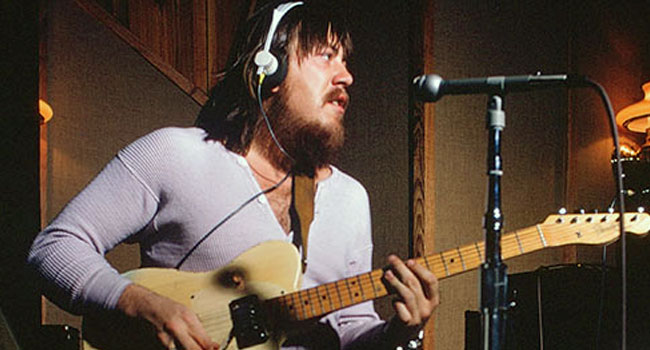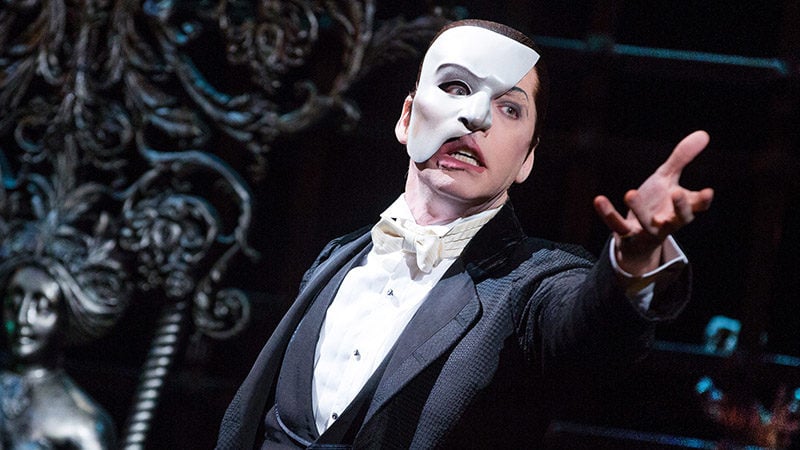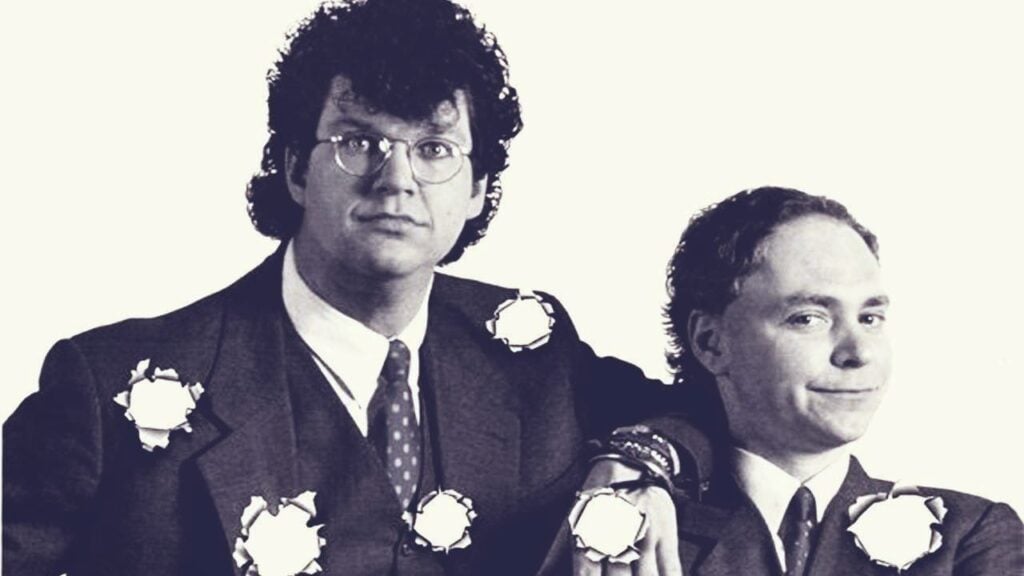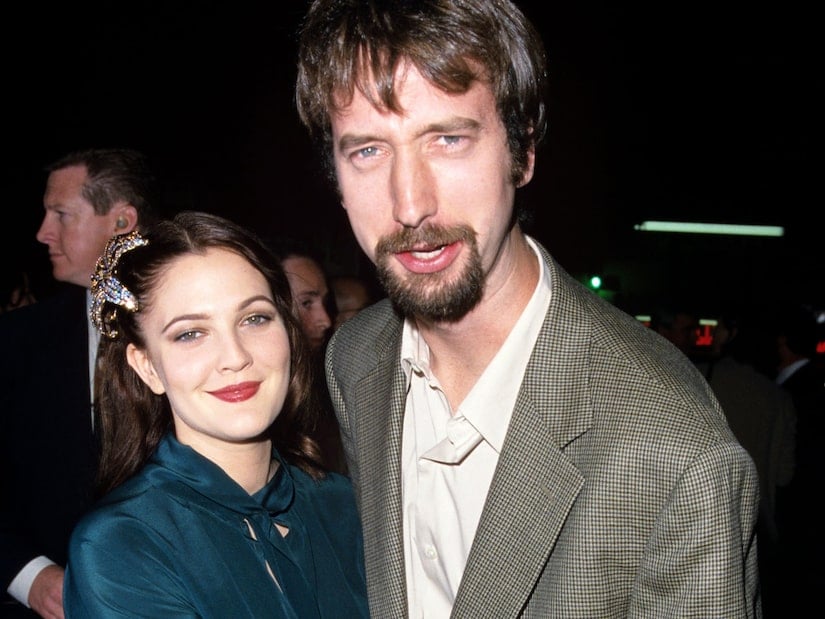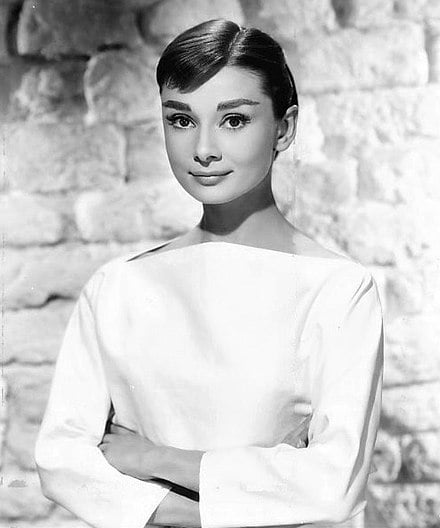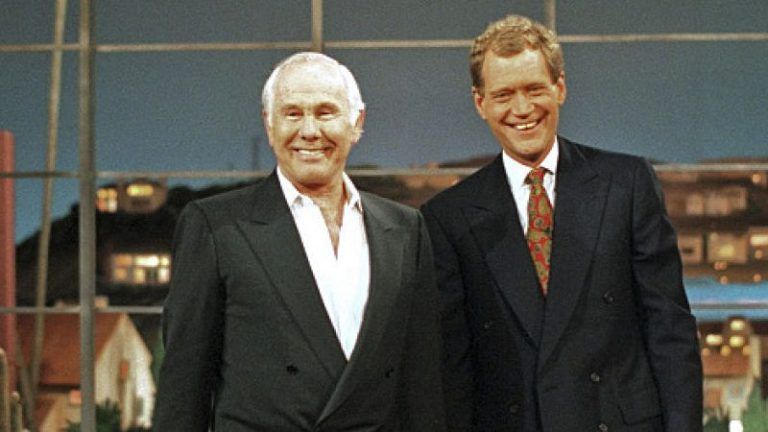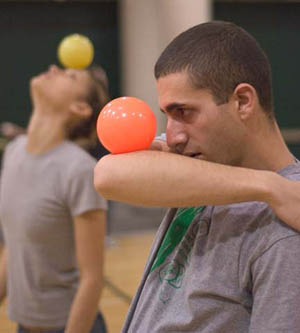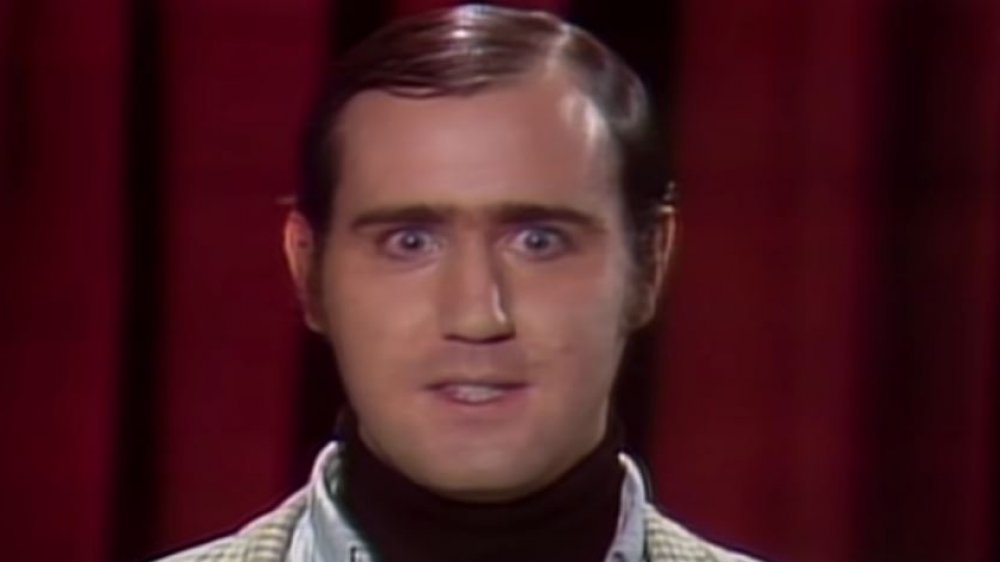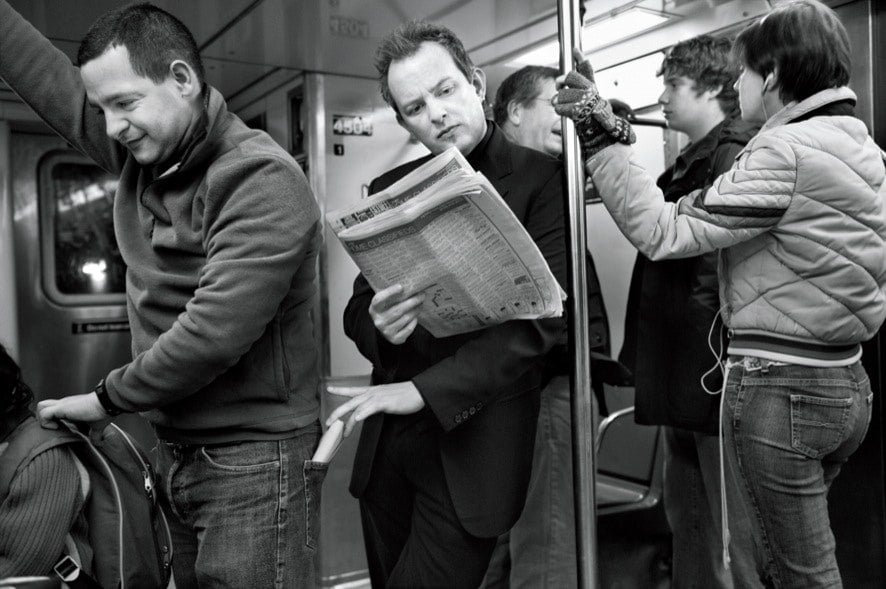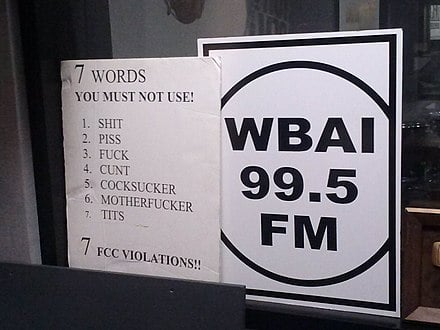What Were Terry Kath’s Last Words?
Terry Kath’s talent as a guitarist, which he exhibited during the classic rock era, earned him the recognition of many renowned guitarists. Referred to as The Best Guitarist in the Universe by Jimi Hendrix, Terry Kath’s legacy in music lives on as Chicago continues with their music. “What do you think I’m gonna do? Blow […]
What Were Terry Kath’s Last Words? Read More »
